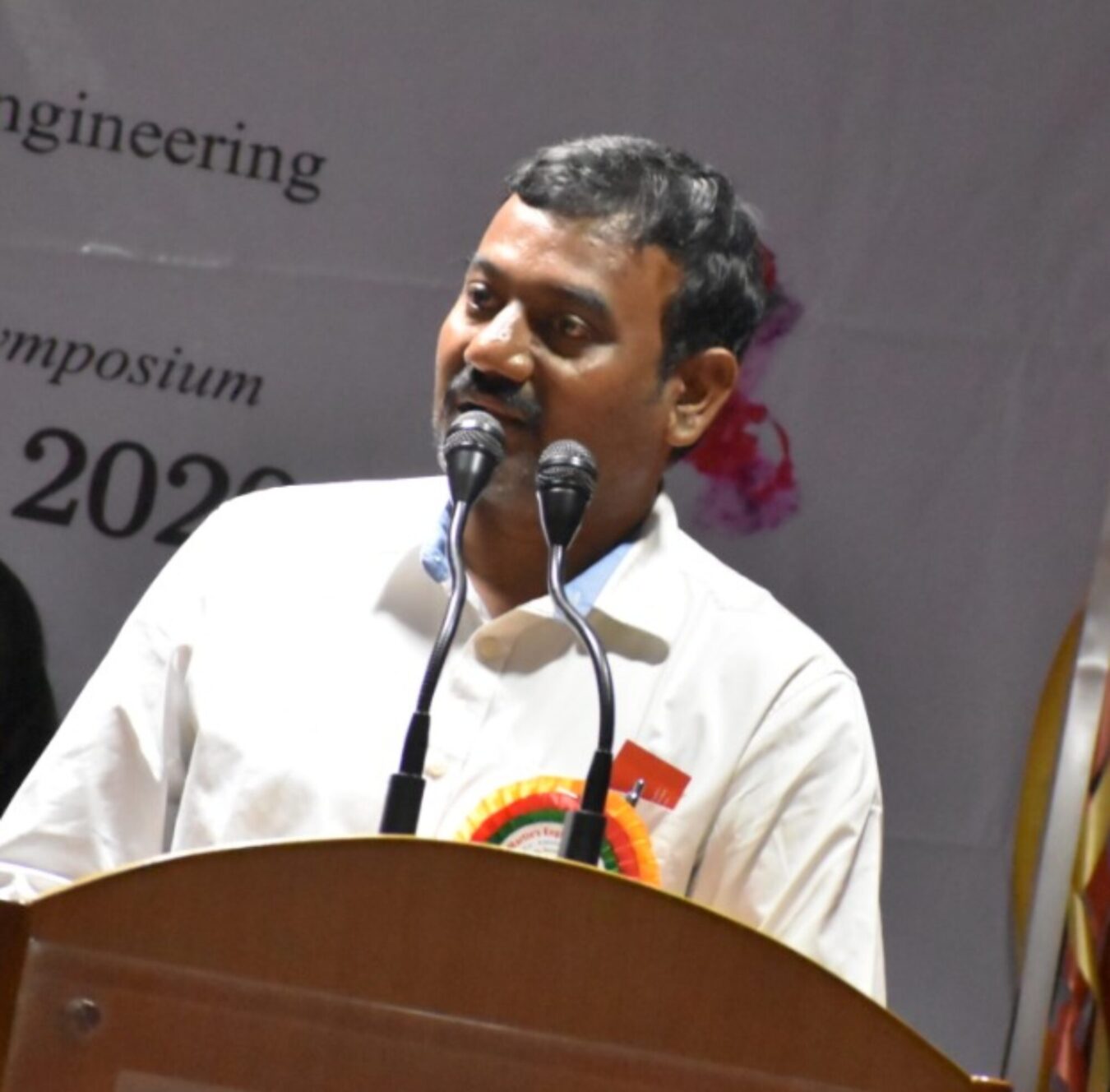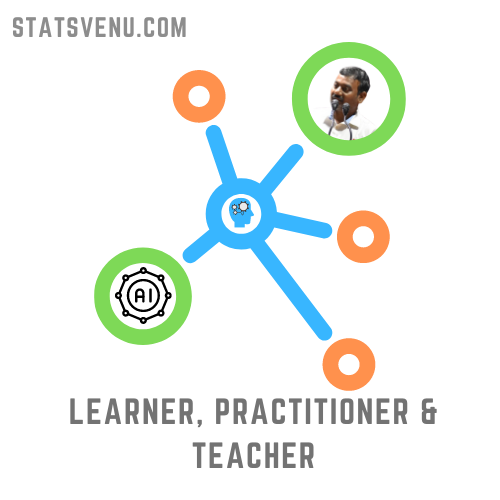NEED
The recent Improvements in Artificial Intelligence technologies across healthcare, made us wonder if AI tools will replace the human physicians in the future. Practically AI tools may not replace the human physicians but can assist physicians to achieve better results and accuracy in medical field.
The most important support for this AI tools evolving in the medicinal field is availability of healthcare data.
The Artificial Intelligence is an area of computer science that emphasizes the creation of intelligent machine that work and reacts like humans. The AI technologies becoming ever present in modern business and everyday life is also steadily being applied to healthcare.
As the interest in AI in the healthcare industry continuous to grow, there are numerous current AI applications, and more use cases will emerge in the future.
Role of AI in Healthcare
From chronic diseases, like cancer, to radiology, AI is being leveraged to deploy efficient and precise inventions that ill help take care of patients suffering from these diseases and hopefully find a cure for them.AI is also providing better healthcare experience in the form of smart devices. Used with internet of things, AI is now making human life better with compact and mobile devices.
- Early Detection of ailments.
- Improve decision making.
- Help in treatment.
- Expanded access to medical services.
- Associated care.
- Giving superior experience.
- Checking health through wearable.
Applications of AI in Healthcare:
Current and future applications of AI in Healthcare include
Pacing Up Drug Development
Due to severe impact of AI on our daily lives, its implementation is not limited to the machinery industries only but has also spread to the Life Sciences and Healthcare Industry. The AI systems can use the collected data of patient to stimulate a real-time model of the patient that can be used for testing all the possible effects of the drugs on the patient.
Improving Diagnostics
Diagnosis is the most fundamental step in the treatment of any patient. If the diagnosis is wrong, then the whole treatment will be wrong and that can be fatal for the patient in most cases. Automated diagnosis is faster and better as compared to normal human diagnosis methods. AI systems can employ microscopic magnifications to identify disease patterns and cross-reference the collected data with the medical history of the patient.
Supporting Innovation for New Products
AI has opened up new avenue to help in the innovation of new products. The most widely used method in the Healthcare industry is to develop sophisticated algorithms that can identify and analyze the patterns and causes of infestation of any disease.
Managing Medical Records and Other Data
Since the first step in health care is compiling and analyzing information (like medical records and past history), data management is the most widely used application of artificial intelligence and digital automation.
Benefits of AI in Healthcare

Fast & Accurate Diagnostics
AI helps in integrating information such as medical records with operating which can assist physicians.
Reduce Human Errors
Human error may threaten patient safety due to lack of activities. To overcome this AI as a superhuman spell checker will assist doctors by eliminating human error.
Cost Reduction
With Artificial intelligence, the patient can get doctor assistance without visiting hospital, which results in cost-cutting
Virtual Presence
Using a remote presence robot, doctors can easily co-ordinate with their staff and patients in hospital and assist or clear their queries.
Better Patient care
Automating patient communication through AI can eliminate tedious tasks such as appointment management, reminders, payment issues, etc. AI can also quickly analyze data, obtain reports, and direct patients to the relevant doctors.



